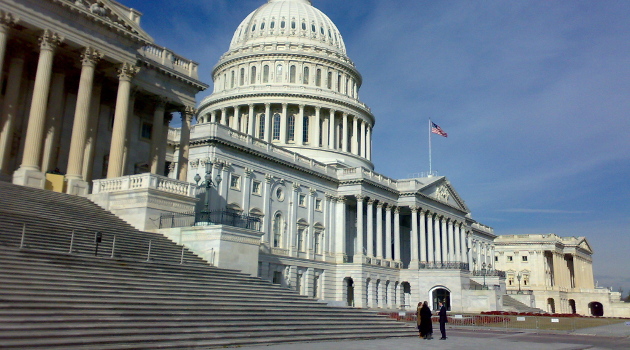The House is expected to consider H.R. 3, the Spending Cuts to Expired and Unnecessary Programs Act, sometime today. Using authority that allows for previously appropriated funding to be “rescinded,” the package put together by Trump’s White House represents the largest ever rescission request, at nearly $15 billion.
Some big spenders have predictably objected despite lacking any substantive reason to do so since the rescissions almost exclusively target funds with expired budget authority or that have sat unspent for years. That also makes the exercise somewhat less significant an example of fiscal responsibility than some boosters insist, but the fact that the previous two administrations never took advantage of the authority granted by the Budget and Impoundment Control Act of 1974 to clear some of the financial underbrush also proves that it’s not to be taken for granted.
Further, by ensuring that future lawmakers are unable to repurpose the funds or use them to offset new spending, the Trump rescissions will prevent higher spending down the road.
Two of the larger rescissions are the $4.3 billion from a loan program for Advanced Technology Vehicle Manufacturing that hasn’t made any loans since 2011 and the $800 million from Obamacare’s Center for Medicare and Medicaid Innovation that was intended for a controversial effort to experiment with payment delivery methods.
In the grand scheme of the federal budget, the rescissions package is a small step. But as the old Chinese cliche goes, a journey of a thousand miles begins with a single step. Assuming Congress is able to pass the bill, let’s hope this sets a precedence and foreshadows renewed interest in fiscal responsibility in Washington.
———
Image credit: Bjoertvedt | CC BY-SA 3.

